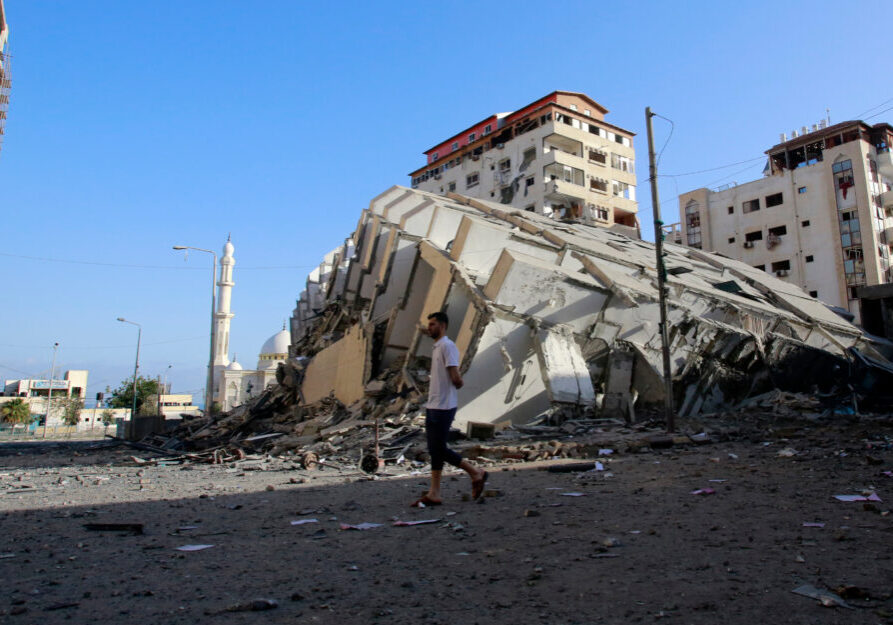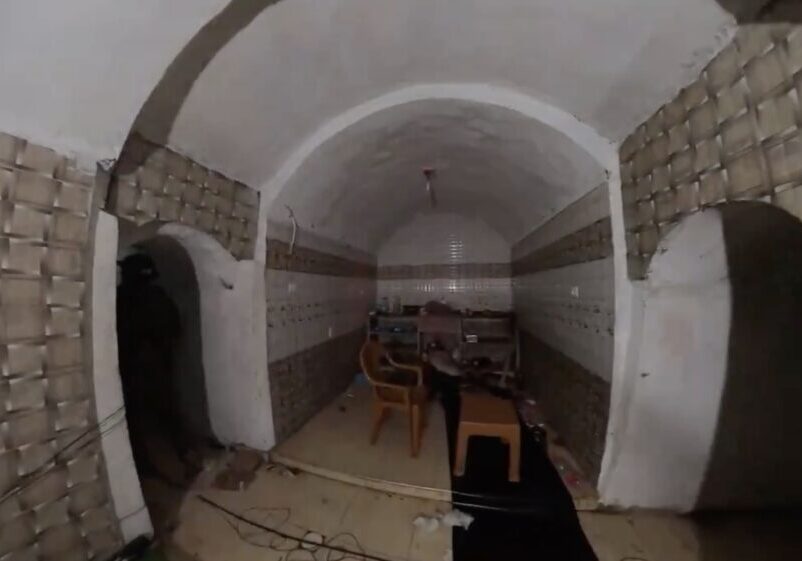Australia/Israel Review
Editorial: Showdown in September
Aug 27, 2013 | Colin Rubenstein
Colin Rubenstein
On September 7, Australians will be privileged again to make their democratic choice regarding the country’s future direction. That choice also challenges members of Australia’s Jewish community, who, like their countrymen, must decide between competing parties and candidates, each coming to the table with persuasive arguments over how they can serve society best – a society of which the Jewish community is an integral part.
For that community, whose history to a considerable extent is steeped in the narrative of refugees fleeing persecution, election day serves as a recurring reminder that their Australian home is also very much a political home – a place where the values and issues closest to their hearts are shared in great measure by political representatives from the local to the federal level. The answers to our ten policy questions from the campaigns of both Kevin Rudd and Tony Abbott illustrate this important reality to a tee.
Bipartisan support for the right of Israel to exist and defend itself, as well as support for Israel’s pursuit of peace with its neighbours, has always been at the forefront of the warm relationships between successive Australian governments and the Jewish community.
Israel, the cradle of Jewish civilisation and a modern day homeland, haven and bulwark against the persecution of Jews globally, is not only like a member of the family to Australian Jewry, but Australians on balance largely value Israel as a friend and ally among the family of Western democracies.
This should be true now more than ever, as the turmoil in the Middle East continues to engulf and destabilise some of the most strategically vital countries in the region and claim hundreds of thousands of civilian lives, amidst countless numbers of atrocities, persecution and brutal displacement.
Of course, Israel is only one of the major issues affecting the Jewish community, with so many others originating much closer to home.
As longtime friends of the Jewish community, Prime Minister Kevin Rudd from Labor and Coalition challenger Tony Abbott understand that the Jewish vote is not monolithic. Like other minority communities in Australian society, our views run the political gamut. That said, it’s fair to say that a combination of Jewish values and a unique history have tended to raise the sensitivity of our community to certain issues over others.
The principles of Australian Multiculturalism, which views cultural and religious differences among various ethnic groups as qualities to celebrate and respect so long as they do not contradict Australia’s core democratic values, continues to resonate with the Jewish community.
Communal support for laws targeting racial vilification does not conflict with a parallel and instinctive support for the protection of free speech, freedom of religion, anti-discrimination and other human rights issues.
Meanwhile, the community’s own painful history – and the fact that many Jewish families arrived here as impoverished refugees looking to start new lives – has largely made us natural advocates for a compassionate national immigration and refugee policy – even while understanding the crucial importance of maintaining security and an equitable, orderly and fair process.
Education has always been the cornerstone of Jewish existence, which is why this issue remains a top priority for Jewish voters. This applies to policies which affect children in public schools as well as in the Jewish private school system which has been the lifeblood of communal continuity and growth.
Security is yet another obvious priority that will be on the minds of Jewish voters. Vigilance is key, and many undecided voters in our community will surely take account of government support for and cooperation with community security organisations, the enforcement of vigorous anti-terrorism laws and border security. Voters will also be looking for a government that views external threats seriously, flexing its intelligence muscle to stay ahead of global threats from al-Qaeda, the Iranian-backed Hezbollah, and other terror groups.
These threats appear to be on the increase, as we have seen by the recent US embassy closures in response to an imminent al-Qaeda terror threat, the creation of havens for terror groups in Syria and the Sinai and the European Union’s outlawing of Hezbollah’s military wing in response to recent Iranian-funded terror attacks and advanced planning in countries like Bulgaria, Cyprus and Thailand.
Here, Australia’s current seat on the UN Security Council may play a useful role, and many in the Jewish community will also be looking for a government that will utilise this influential posting most effectively – not only on this important issue, but others, including the advancement of much-needed UN reforms.
Of course, a final foreign policy challenge that looms large for Australia’s next prime minister – especially given our UN leadership role – is Iran. Barring unforeseen developments, the international campaign to curb Iran’s illegal nuclear weapons program is expected to reach a conclusive phase in a matter of months. It is likely that either Iran will reach an 11th-hour agreement that will satisfy the demands of negotiators, or make a dash for nuclear breakout and risk being stopped by military strikes. Under such circumstances, Australia’s next leader will not only have to shoulder the responsibility of guiding national foreign policy at that crucial juncture, but will also be looked upon to encourage and help broker wise decisions in the Security Council that will have a much broader global impact.
Even now, before the election, this leadership role has been put to the test, as Australia recently found itself presiding over the Security Council during a session mulling action over possible major escalation in chemical weapons use by Syria, along with potential efforts to find a way forward in Egypt. Such vexing challenges can only be expected to increase for the incoming government – which should rightly weigh heavily as Australians head to the polls on September 7.
Tags: Australasia






